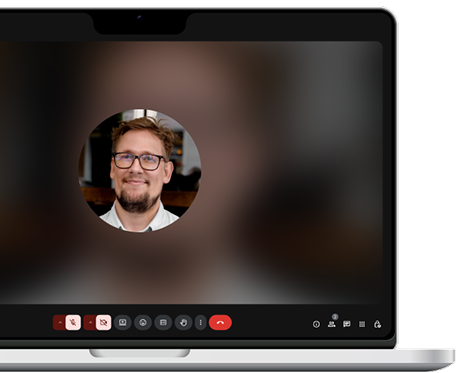Addressing Limited Resources in ESG Reporting: A Practical Guide for SMBs
Discover practical strategies for SMBs to overcome limited resources in ESG reporting. Learn how to streamline processes, prioritize tasks, and leverage technology for effective results.

Confused about ESG?

Book a free call with our CEO, Anders, and he will guide you through it!
Limited resources are a common challenge for SMBs in ESG reporting.
Prioritizing material topics helps focus efforts on key areas.
Leveraging ESG reporting tools and outsourcing can bridge resource gaps.
For many small and medium-sized businesses (SMBs), ESG reporting can feel like an uphill battle. Limited budgets, small teams, and a lack of in-house expertise often hinder progress. However, addressing these challenges isn’t impossible. With smart prioritization, technology adoption, and strategic outsourcing, SMBs can create impactful ESG reports without straining their resources.
In this article, we’ll explore actionable strategies to help your business overcome resource limitations and build a robust ESG reporting system.
1. Understand Your ESG Priorities
One of the biggest mistakes SMBs make is trying to report on every ESG metric at once. Instead:
- Conduct a Double Materiality Assessment: Identify which environmental, social, and governance topics are most relevant to your business.
- Focus on High-Impact Areas: Allocate resources to topics with the greatest financial and sustainability impact.
Example: A logistics company might prioritize carbon emissions tracking, while an IT firm might focus on employee well-being and cybersecurity.
Key Insight: Doing fewer things well is more impactful than spreading resources thin across every ESG metric.
2. Leverage ESG Reporting Technology
Modern ESG software tools simplify data collection, reporting, and compliance.
Benefits of ESG Tools:
- Automated Data Collection: Save time by integrating ESG tools with existing business systems.
- Simplified Reporting Templates: Reduce the effort needed to create ESG reports.
- Real-Time Dashboards: Get instant insights into key performance indicators (KPIs).
Example: Platforms like Wardn offer automated ESG assessments, helping SMBs minimize manual effort.
Key Insight: Investing in the right ESG software pays off through efficiency and accuracy.
3. Build Cross-Functional Teams
Instead of relying on a single ESG officer, create a cross-functional team:
- Involve Key Departments: HR, finance, operations, and marketing.
- Assign Clear Roles: Ensure every team member knows their ESG responsibilities.
- Leverage Existing Expertise: Employees may already have knowledge relevant to ESG goals.
Example: An HR manager can oversee employee well-being metrics, while a finance manager can track ESG-related costs.
Key Insight: Collaboration reduces individual workload and enhances collective expertise.
4. Consider Outsourcing ESG Tasks
When resources are extremely limited, outsourcing certain ESG tasks can help.
Tasks to Outsource:
- ESG framework selection and setup.
- Data verification and validation.
- Report drafting and design.
Key Insight: Outsourcing critical yet time-consuming tasks allows SMBs to focus on strategic ESG goals.
5. Start Small, Scale Gradually
You don’t need a perfect ESG report on your first attempt. Start small, focus on essential metrics, and scale your reporting over time.
Example: Begin with key disclosures under the VSME framework before expanding to broader frameworks like GRI.
Key Insight: ESG reporting is an iterative process—progress matters more than perfection.
6. Showcase Your ESG Wins
Highlighting small ESG successes can build momentum and secure internal buy-in for larger initiatives.
Quick Wins to Highlight:
- Reduced energy consumption.
- Improved employee satisfaction scores.
- Community engagement projects.
Key Insight: Sharing successes boosts morale and stakeholder confidence.
FAQs
- How can SMBs prioritize ESG reporting tasks with limited resources? Focus on material topics and high-impact areas first.
- What are the benefits of using ESG software tools? ESG tools streamline data collection, analysis, and reporting.
- Is outsourcing ESG reporting tasks a good idea? Yes, outsourcing can help manage workload and ensure quality.
- How do SMBs measure ESG progress without dedicated teams? Cross-functional teams and ESG dashboards can provide oversight.
- What framework should SMBs start with? The VSME framework is a great starting point for SMBs.
Confused about ESG?

Book a free call with our CEO, Anders, and he will guide you through it!









